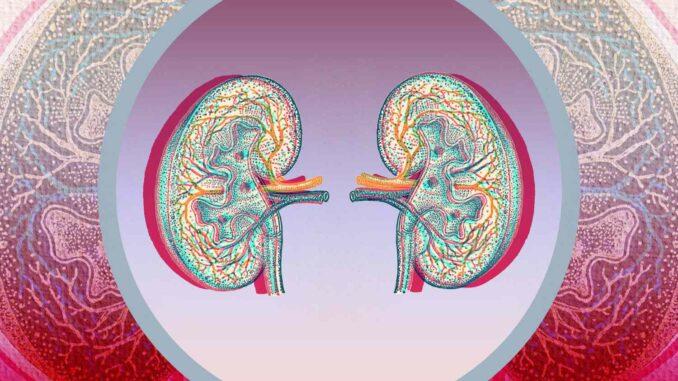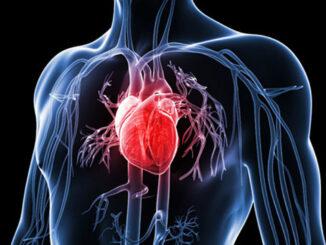
Last Updated on by lizzy
Kidney diseases refer to a range of medical conditions that affect the structure and function of the kidneys. The kidneys play a vital role in filtering waste products, balancing electrolytes, regulating blood pressure, and producing hormones.

Types of Kidney Diseases
Acute Tubular Necrosis (ATN)
It is characterized by the death of renal tubular cells, which are responsible for filtering waste and maintaining electrolyte balance in the kidneys. It is one of the leading causes of acute kidney injury (AKI).
Glomerulonephritis
Glomerulonephritis is a group of kidney diseases characterized by inflammation in the glomeruli, the tiny filtering units within the kidneys. It can be acute (sudden onset) or chronic (long-term).
Interstitial Nephritis
It is an inflammation of the interstitial tissue, which surrounds the renal tubules in the kidneys. It can be acute or chronic and is often caused by an allergic or immune response to certain medications or infections.
Diabetic Nephropathy
Occurs as a complication of diabetes. It is a progressive condition characterized by damage to the small blood vessels in the kidneys, leading to impaired kidney function.
Hypertensive Nephropathy
Hypertensive nephropathy refers to kidney damage caused by prolonged and uncontrolled high blood pressure.
Polycystic Kidney Disease (PKD)
Polycystic Kidney Disease (PKD) is a genetic disorder characterized by the growth of numerous cysts in the kidneys. These cysts gradually enlarge and impair kidney function over time.
Causes and Risk Factors of Kidney Diseases
Diabetes
Uncontrolled blood sugar levels can damage the small blood vessels in the kidneys, leading to kidney disease
Hypertension
Persistent high blood pressure can strain the blood vessels in the kidneys, causing kidney damage over time.
Infections
Some urinary tract infections or kidney infections, can directly affect the kidneys and contribute to kidney disease.
Autoimmune Disorders
Conditions like lupus, vasculitis, and IgA nephropathy can trigger an abnormal immune response, leading to kidney damage.
Genetic Factors
Some kidney disease, are inherited and characterized by the formation of cysts in the kidneys.
Symptoms of Kidney Diseases
- Frequent urination, decreased urine output, blood in the urine, or foamy urine.
- Swelling in the legs, ankles, feet, or face.
- Fatigue generalized tiredness, lack of energy, and weakness.
- Kidney pain in the lower back or side, abdominal pain, or flank pain.
- Nausea, vomiting, loss of appetite, itching, and difficulty concentrating.
Diagnosis of Kidney Diseases
- Blood and Urine Tests
- Imaging Studies: Ultrasound, CT scan, or MRI to visualize the kidneys and identify structural abnormalities.
- Biopsy: a small sample of kidney tissue is obtained for microscopic examination to determine the underlying cause.
Treatment and Medication for Kidney Diseases
Medications
- Angiotensin-converting enzyme (ACE) inhibitors or angiotensin receptor blockers (ARBs) to control blood pressure and protect kidney function.
- Diuretics to manage fluid retention.
- Immunosuppressive drugs for autoimmune kidney diseases.
Dialysis
It involves removing waste products, toxins, and excess fluid from the blood and maintaining appropriate electrolyte balance.
Kidney Transplantation
Replacement of a failed kidney with a healthy donor kidney through surgery.
Prevention of Kidney Diseases
- Healthy Lifestyle:
- Manage Chronic Conditions:
- Stay Hydrated:
- Limit Medication Use:






Leave a Reply